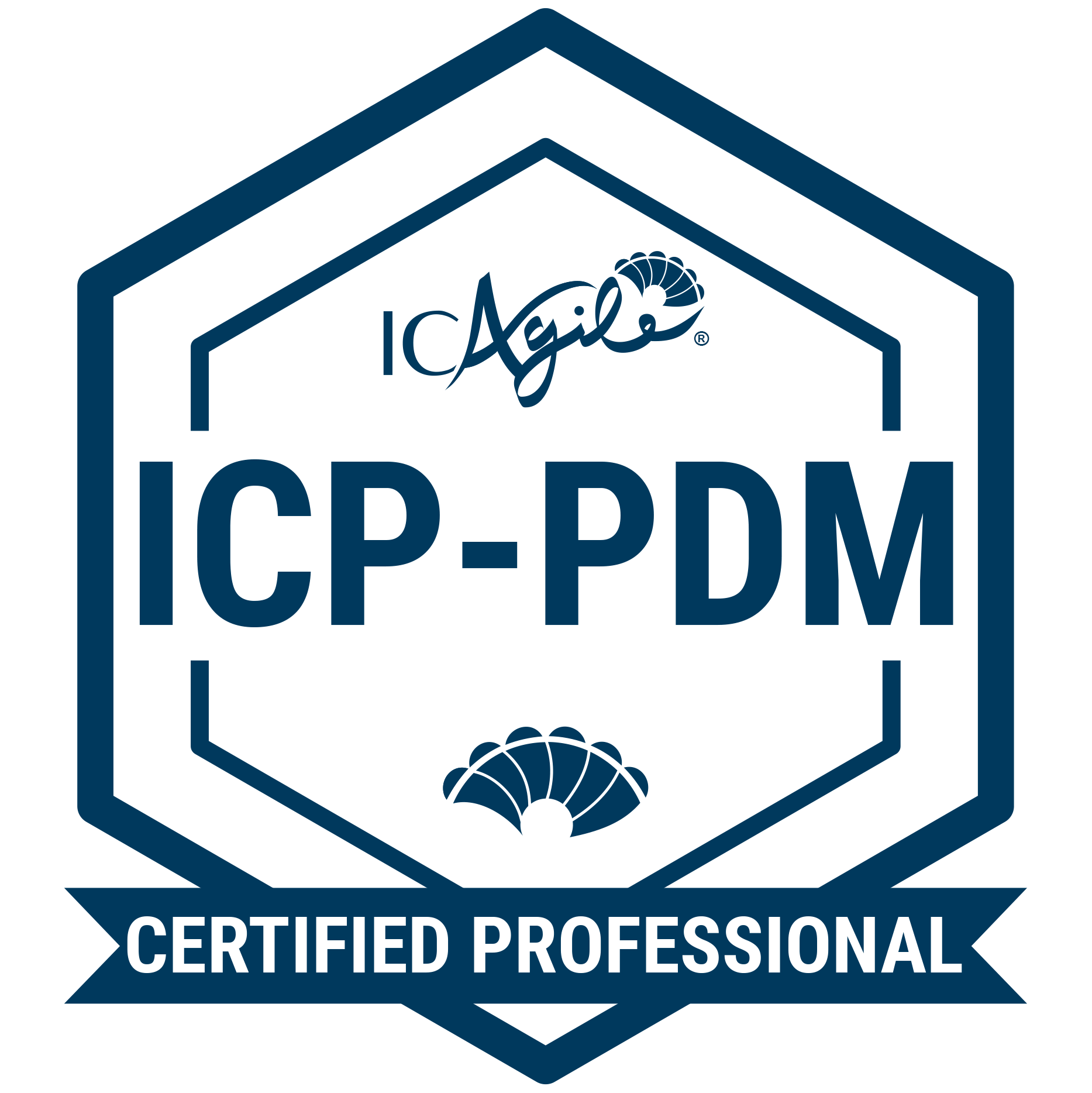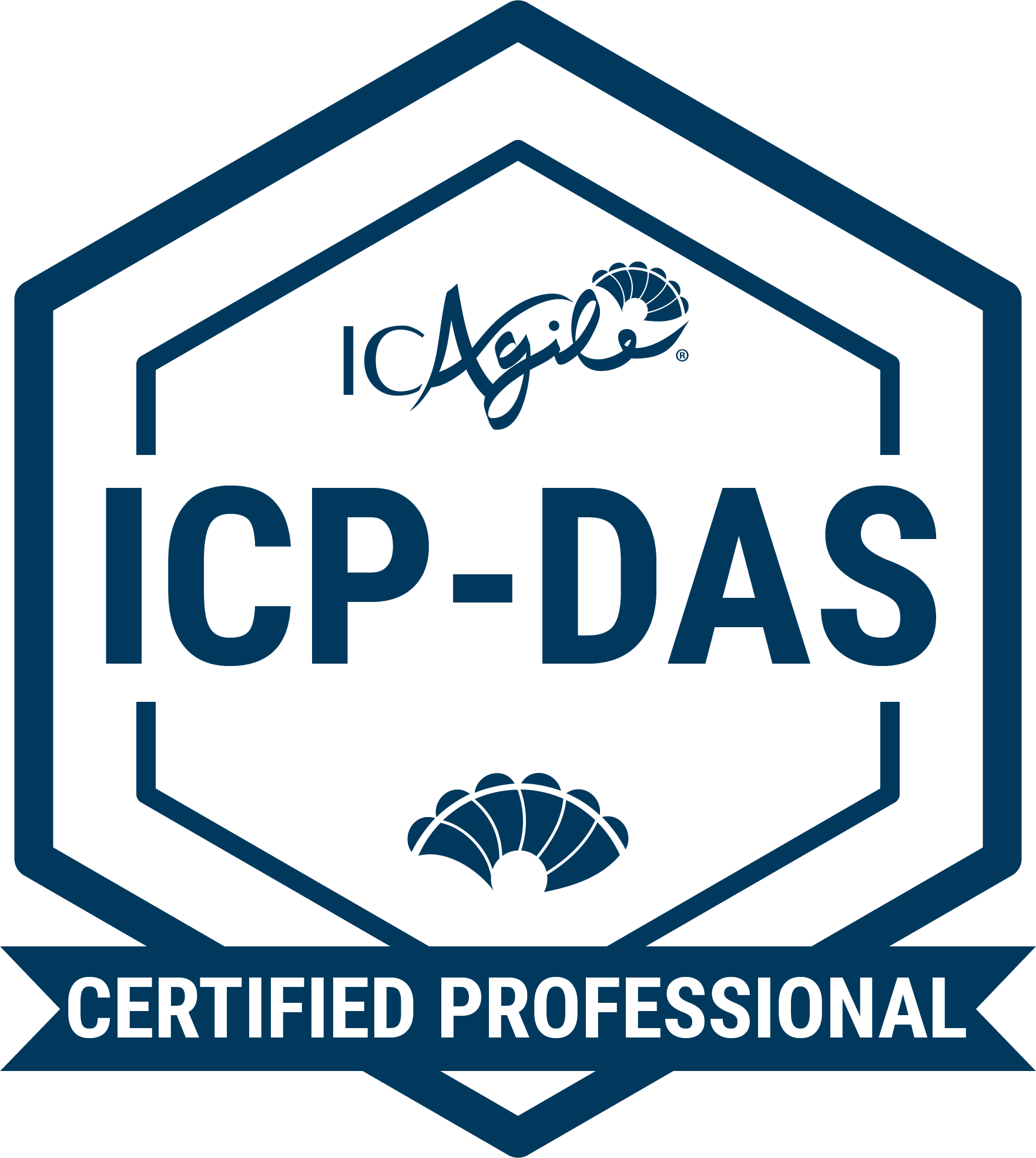Product management is a dynamic and strategic role that sits at the intersection of business, technology, and customer experience. It involves the development and management of a product throughout its lifecycle, from initial concept to market launch and beyond. Product managers are responsible for ensuring that a product meets customer needs, aligns with business goals, and remains competitive in the market.
This role requires a deep understanding of customer behavior, market trends, and the competitive landscape, as well as the ability to work cross-functionally with teams such as engineering, marketing, sales, and customer support. A product manager's job is to make sure that the right product is built and that it delivers value to both customers and the company.
Product Manager Responsibilities
1. Product Strategy and Vision
A product manager begins by defining the product strategy and vision. This involves identifying the target market, understanding customer pain points, and setting a clear direction for the product. The strategy should align with the company's overall business objectives and be based on data-driven insights. The product vision is the long-term view of what the product will become, while the strategy outlines the steps needed to achieve that vision.
2. Market Research and Analysis
Understanding the market is crucial for a product's success. Product managers conduct market research to gather insights into customer needs, preferences, and behavior. They analyze competitors, identify trends, and assess potential opportunities and threats. This research helps in shaping the product strategy and ensuring that the product will meet market demands.
3. Defining Product Requirements
Once the strategy is in place, the product manager works on defining the product requirements. This includes creating a product roadmap that outlines the features and functionalities that the product will have. The roadmap is a strategic document that communicates the product's development plan to stakeholders and guides the product team in their work.
Product managers write detailed specifications that describe the features, user stories, and acceptance criteria. These documents are used by the engineering team to build the product. Clear and concise requirements help ensure that the product is developed according to the vision and meets customer expectations.
4. Prioritization and Trade-Off Decisions
Not all features can be developed at once, and resources are often limited. Product managers must prioritize features based on factors such as customer value, business impact, and technical feasibility. This requires making trade-off decisions and balancing short-term needs with long-term goals. The ability to say "no" to certain features or ideas is a critical skill for product managers.
5. Collaboration with Cross-Functional Teams
Product management is a highly collaborative role. Product managers work closely with various teams, including engineering, design, marketing, sales, and customer support. They ensure that everyone is aligned with the product vision and that all teams are working towards the same goal. Effective communication and teamwork are essential for the successful development and launch of a product.
6. Product Development and Launch
During the development phase, product managers oversee the progress of the product and ensure that it stays on track. They may be involved in sprint planning, daily stand-ups, and product reviews. As the product nears completion, the product manager coordinates with the marketing and sales teams to plan the product launch. This includes setting pricing, creating marketing materials, and preparing the sales team to promote the product.
The launch is a critical moment for any product, and the product manager plays a key role in ensuring that it goes smoothly. They monitor the product's performance post-launch and gather feedback from customers and stakeholders to identify any issues or areas for improvement.
7. Post-Launch Product Management
Product management doesn't end with the launch. After the product is in the market, product managers continue to monitor its performance and gather user feedback. They analyze metrics such as customer satisfaction, usage patterns, and sales data to assess the product's success. Based on this data, they may decide to make improvements, add new features, or pivot the product in a different direction.
Product managers are also responsible for managing the product's lifecycle. As the market evolves and customer needs change, the product may need to be updated, repositioned, or eventually phased out. Product managers must make strategic decisions about the product's future and ensure that it continues to deliver value.
Advance Your Career with SAFe® POPM Certification!
Join Agilemania’s SAFe® Product Owner/Product Manager (POPM) Training to master Agile practices and drive product success.
Let’s get started today!Product Manager Skills
- 1Customer-Centric Mindset: A product manager must always keep the customer at the center of their decision-making. Understanding customer needs and pain points is essential for creating products that provide real value. A customer-centric mindset involves empathy, active listening, and the ability to translate customer feedback into actionable insights.
- 2Strategic Thinking: Product managers need to think strategically and see the big picture. They must be able to align the product strategy with the company's overall business goals and make decisions that will drive long-term success. Strategic thinking involves the ability to anticipate market trends, assess risks, and plan for the future.
- 3Communication and Collaboration: Effective communication is key to a product manager's success. They must be able to clearly articulate the product vision and strategy to both internal teams and external stakeholders. Collaboration is also crucial, as product managers work with diverse teams and must ensure that everyone is working towards the same goals.
- 4Analytical and Data-Driven: Product managers must be comfortable working with data and using it to inform their decisions. This includes analyzing market research, customer feedback, and performance metrics. A data-driven approach helps product managers make objective decisions and identify areas for improvement.
- 5Adaptability and Resilience: The product management landscape is constantly changing, and product managers must be able to adapt to new challenges and opportunities. They need to be resilient in the face of setbacks and be willing to iterate on their approach. Adaptability also involves staying up-to-date with industry trends and continuously learning new skills.
- 6Leadership and Influence: While product managers may not have direct authority over all the teams they work with, they must be able to lead and influence others. This requires strong leadership skills, the ability to inspire and motivate teams, and the capacity to drive consensus among stakeholders. A successful product manager can rally the team around a shared vision and guide them towards achieving the product's goals.
The Final Word
Product management is a multifaceted role that requires a blend of strategic thinking, customer focus, and strong collaboration skills. Product managers are the champions of the product, responsible for guiding it from concept to market and ensuring its ongoing success. Their ability to navigate the complexities of the market, prioritize effectively, and lead cross-functional teams is critical to delivering products that meet customer needs and drive business growth.
In a world where customer expectations are constantly evolving and competition is fierce, the role of the product manager has never been more important. Whether you're developing a new software application, launching a consumer product, or managing a B2B service, effective product management is key to staying competitive and achieving long-term success.



























































































